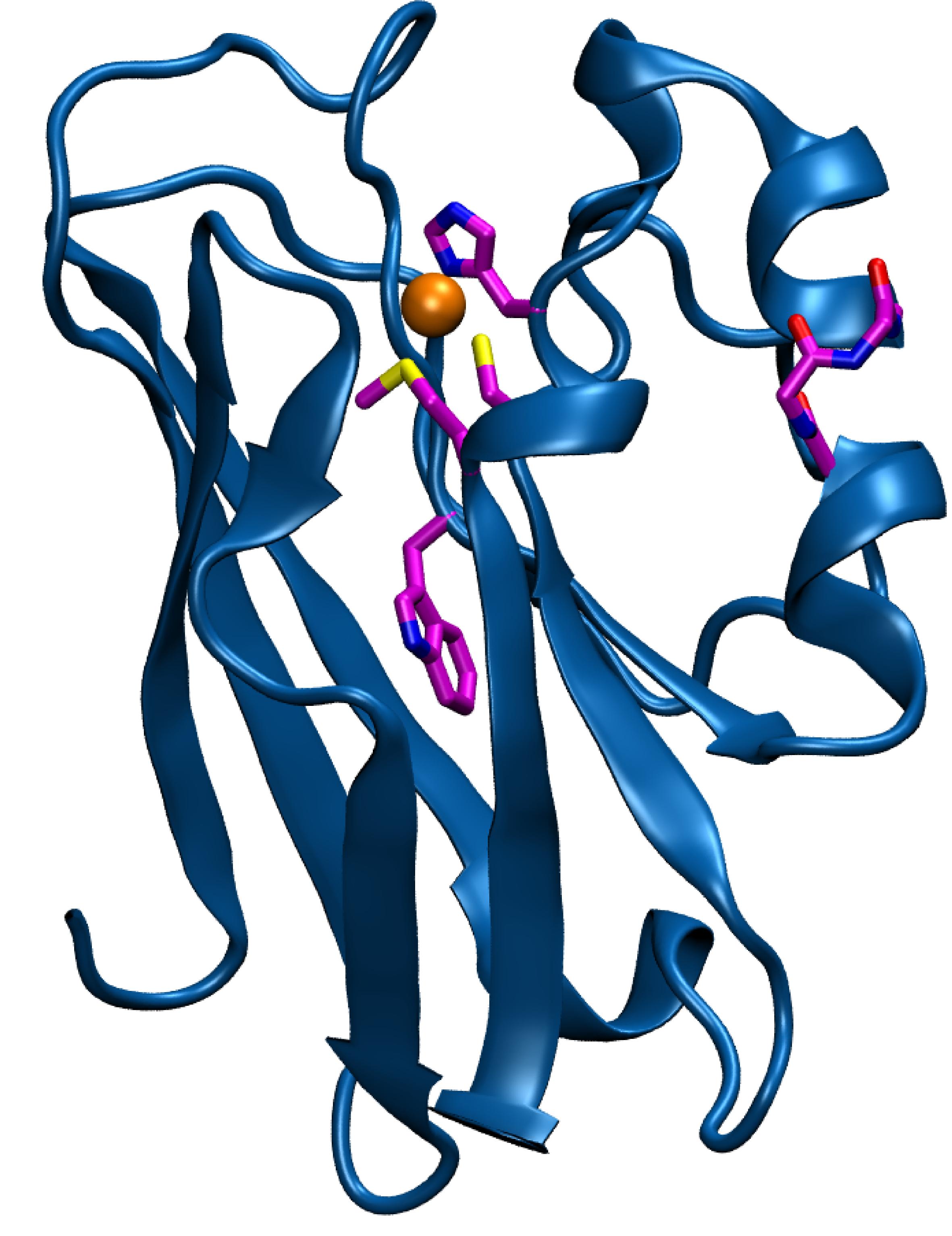
Proteins are the body’s building blocks. They are used to repair and build new cells and tissues in the body.
The name ‘protein’ was first used by the Swedish chemist Jöns Jacob Berzelius in a letter to his Dutch colleague Gerardus Johannes Mulder.
Proteins play a role in virtually all processes in cells.
Together with polysaccharides, fats, and nucleic acids, proteins make up the main component in every living thing. An older name is egg-white substances.
Chemically, proteins consist of long chains of amino acids held together by peptide bindings. If a chain comprises fewer than 50 amino acids, it is usually referred to as a peptide or peptide chain instead of a protein. There are examples of proteins with up to 27 000 amino acids. Proteins and their constituent parts are studied in the branch of biochemistry called protein chemistry.
Proteins can bind other types of molecules to them as needed for the proteins to be able to carry out their assignments.
The importance of proteins to living organisms is primarily due to their complex and varied three-dimensional form and thereby their varied functions.
Text Carina Dahlberg/KAW
Translation Donald S. McQueen